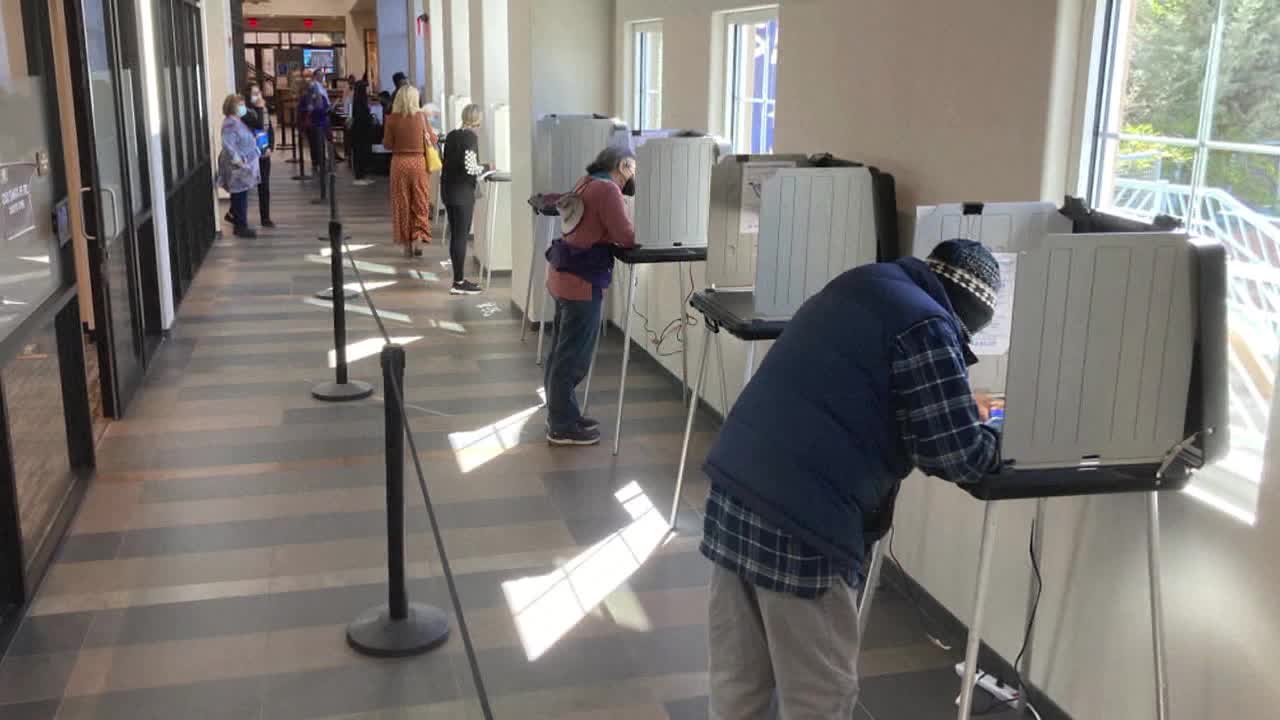Group files lawsuit seeking to reverse Minnesota law that restores voting rights to some felons

(KSTP/file)
A self-described “election integrity” group is asking the courts to halt a new Minnesota law that grants voting rights to felons who have finished their time in prison.
The lawsuit filed in Anoka County by the Minnesota Voters Alliance alleges the Restore the Vote Act that Gov. Tim Walz signed into law in March would go against a section of the state Constitution that states felons cannot vote “unless restored to civil rights.” The group interprets that to mean “all civil rights that a non-felon possesses” and claims the new law overlooks probation, supervised release and work release as active criminal sentences.
“The framers of our Minnesota Constitution believed in redemption and provided felons with a ‘second chance’ for voting. But that second chance does not happen unless they complete their entire sentence,” Minnesota Voters Alliance President Andy Cilek said in a statement. “When their debt has been repaid, and only in full, the last right they have restored is the right to vote. Felons on supervised release, probation, or work release have not been fully restored to their civil rights, and therefore, are not legally able to participate in our electoral process.”
Named in the lawsuit are Minnesota Secretary of State Steve Simon, Anoka County Elections Manager Tom Hunt and Shannon Reimann, warden of the Lino Lakes prison.
Cassondra Knudson, a spokeswoman for Simon’s office, declined to comment on the pending litigation.
“However, we will continue to move forward with implementing the law as approved by the legislature and the Governor,” she added.
A spokesperson for the Minnesota Department of Corrections echoed those remarks.
5 EYEWITNESS NEWS reached out to the Anoka County Office of Elections for comment and is waiting to hear back.
Rep. Cedrick Frazier, DFL-New Hope, the bill’s chief author in the House, called the lawsuit “nothing more than an attempt to suppress the vote of certain members in our communities across the state,” estimating the legislation restores voting rights to more than 55,000 Minnesotans.
“By bringing this lawsuit, MVA is seeking to create confusion and fear among our neighbors who have recently had their voting rights restored,” Frazier said in a statement. “It is not lost on me that the previous voter disenfranchisement law had a disproportionate impact on communities of color, particularly African Americans.”
Last month, the Minnesota Supreme Court partially ruled in favor of the Minnesota Voters Alliance by striking down an elections rule that allowed any ballot board member to review absentee ballot signatures if the identification numbers on the application and ballot envelope don’t match. State law only allows election judges can do that review.

